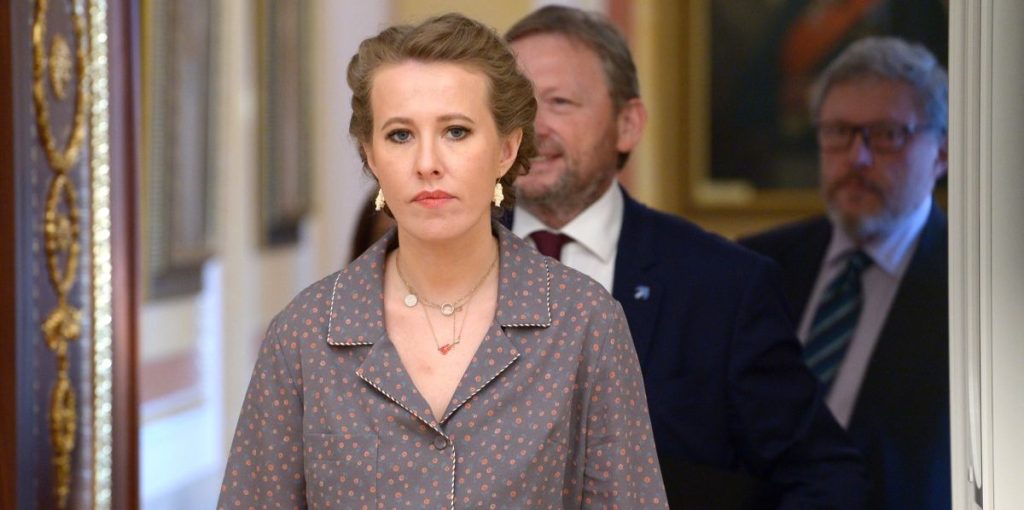Ksenia Sobchak, once dubbed Vladimir Putin’s “goddaughter,” is reportedly preparing to leave Russia for Spain as political repression tightens at home.
Others are reading now
The former TV presenter and presidential candidate is said to be applying for residency under Spain’s digital nomad scheme.
Seeking new life abroad
Spanish media outlets have reported that Sobchak, 43, has filed for a residence permit for herself and her eight-year-old son, Platon.
The move would require her to spend at least six months each year in Spain and pay local taxes.
Though she has not spoken publicly about the application, speculation is growing that she has already purchased a luxury property there.
Sobchak’s decision comes as Russia’s economy continues to struggle under Western sanctions and growing discontent over the war in Ukraine.
Also read
Observers say her relocation could signal frustration with the increasingly authoritarian environment inside the country.
Ties to the Kremlin
Putin is widely believed to be Sobchak’s godfather, having attended her Orthodox christening long before he became president.
Her late father, Anatoly Sobchak, was once the mayor of St. Petersburg and played a key role in launching Putin’s early political career.
Despite her past connections to the Kremlin, Sobchak built a reputation as a pro-opposition figure through her media ventures and social commentary.
Yet critics have often accused her of maintaining a quiet loyalty to Putin, suggesting her political dissent has limits.
Also read
When she ran against him in the 2018 presidential election, opposition figures dismissed her campaign as a “farce” intended to lend legitimacy to a rigged vote rather than challenge the regime.
Privilege and passports
A former model who appeared in Russian Playboy, Sobchak has leveraged her fame into a multifaceted career as a journalist, influencer and TV personality.
She holds dual Russian and Israeli citizenship and reportedly has a five-year Schengen visa issued by France, allowing her to travel freely within Europe for up to 90 days every six months.
Her ability to maintain access to Western countries has fueled speculation that she enjoys privileges unavailable to most Russians, even as others are punished for anti-Kremlin views or attempts to leave.
Controversy and criticism
In 2023, Sobchak drew the Kremlin’s ire after attending a so-called “naked party” with fellow celebrities, a scandal that sparked outrage among conservative officials.
Also read
While other attendees faced punishment, she issued a public apology and escaped serious repercussions.
Her mother, Lyudmila Narusova, a 74-year-old member of Russia’s Federation Council, has also distanced herself from the government line.
In an interview with Novaya Gazeta Europe, Narusova said she often votes against repressive legislation and has openly questioned Putin’s judgment since the war began.
“I’m the only one who votes [against him],” she told the paper.
“But there are enough people who think the same as me. It’s just that they are afraid to speak it out loud.”
Also read
Uncertain future
If approved, Sobchak’s Spanish residency would mark a significant step away from Moscow’s inner circle.
Once seen as an insider with unique protection, she now joins a growing list of public figures quietly leaving Russia amid an atmosphere of fear and control.
Whether she will continue her media work from abroad, or face new consequences for her perceived disloyalty, remains unclear.


